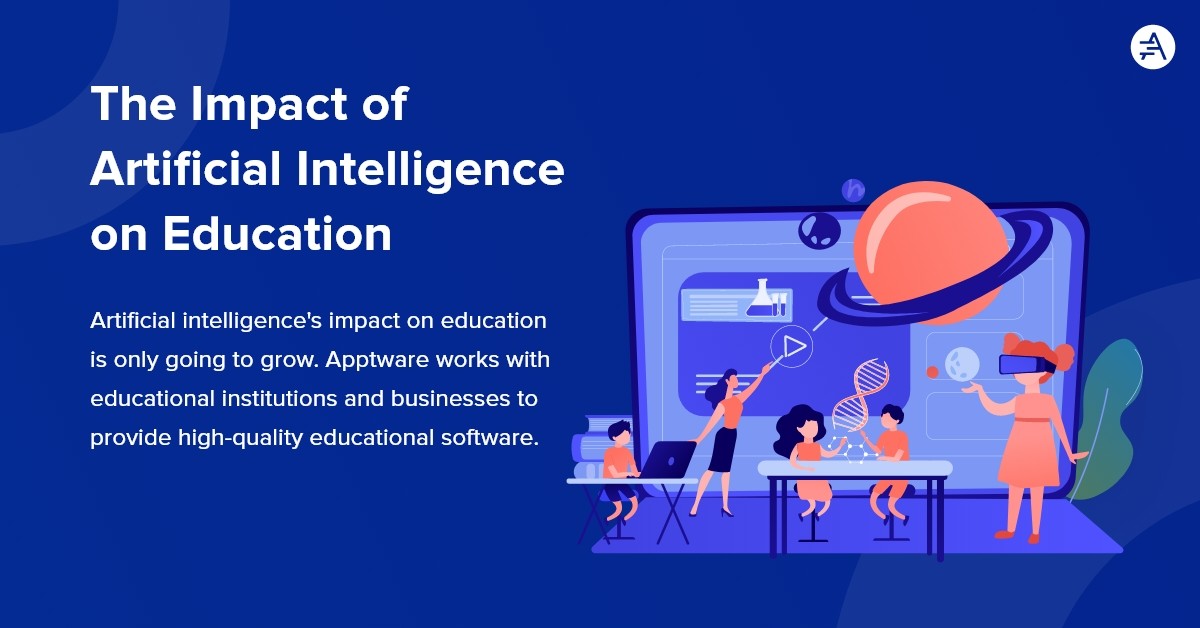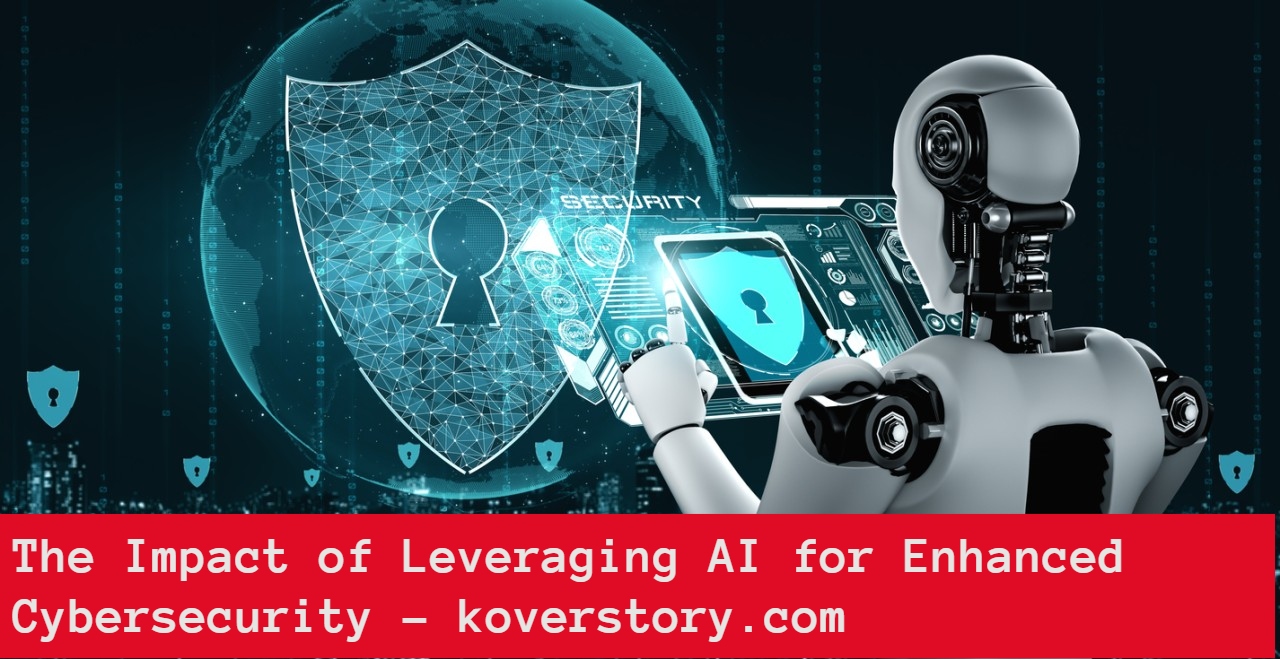In the fast-paced digital age, Artificial Intelligence (AI) is not just a buzzword; it’s a transformative force reshaping every aspect of our lives, including education. From personalized learning experiences to intelligent tutoring systems, AI is revolutionizing how we teach and learn, ushering in a new era of education that is more adaptive, engaging, and effective than ever before.
The most significant contributions of AI to education is its ability to making learning experiences good. Traditional one-size-fits-all approaches to education often leave students behind or fail to challenge them enough. AI, however, can analyze vast amounts of data about students’ learning styles, preferences, and progress to tailor educational content and activities to their individual needs. By leveraging machine learning algorithms, AI-powered educational platforms can provide personalized recommendations, adaptive assessments, and targeted interventions, ensuring that each student receives the support and guidance they need to succeed.

Moreover, AI is making learning more accessible and inclusive than ever before. For students with disabilities or learning differences, AI-powered tools such as speech recognition software, text-to-speech converters, and assistive learning applications can provide invaluable support, helping them to engage with educational materials in ways that were previously impossible. By breaking down barriers to learning, AI is empowering students of all backgrounds and abilities to reach their full potential.
In addition to personalized learning and accessibility, AI is enhancing the effectiveness of teaching through intelligent tutoring systems also. These systems use AI algorithms to simulate one-on-one tutoring experiences, providing students with immediate feedback, adaptive instruction, and scaffolding tailored to their individual learning pace and style. By analyzing students’ responses to questions and tasks in real-time, intelligent tutoring systems can identify areas of difficulty and provide targeted interventions to address misconceptions or gaps in understanding, helping students to master complex concepts more efficiently.
Furthermore, AI is transforming the role of educators from disseminators of information to facilitators of learning. With AI handling routine tasks such as grading assignments, generating personalized learning plans, and analyzing student data, teachers have more time and energy to focus on what truly matters: building relationships with students, fostering critical thinking skills, and facilitating meaningful discussions. By automating administrative tasks and providing valuable insights into students’ learning trajectories, AI enables educators to be more effective mentors and guides, empowering them to support the diverse needs of their students more effectively.
However, despite its immense potential, the widespread adoption of AI in education also raises important ethical and privacy concerns. As AI systems collect and analyze increasingly large amounts of data about students, questions about data security, privacy protection, and algorithmic bias become paramount. It is essential for educators, policymakers, and technologists to work together to develop robust frameworks and safeguards to ensure that AI is used responsibly and ethically in educational settings, prioritizing student well-being and equity.
Lastly want to say that, AI holds tremendous promise for transforming education, from personalized learning experiences to intelligent tutoring systems and beyond. By harnessing the power of AI, we can create a more adaptive, inclusive, and effective education system that empowers every student to succeed. The potential of AI unlock new opportunities for learning and growth for generations to come.





